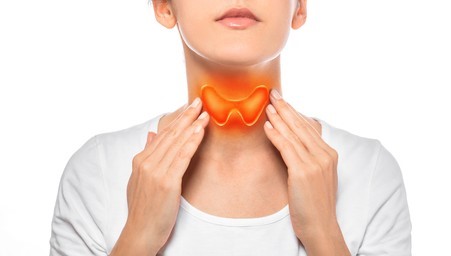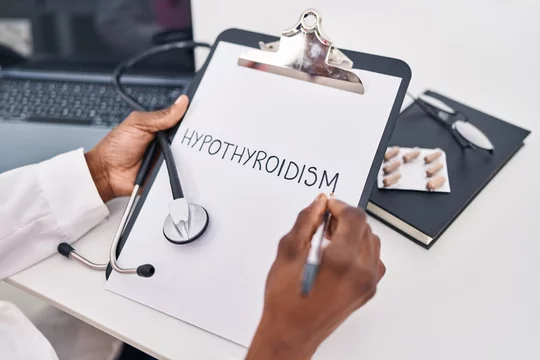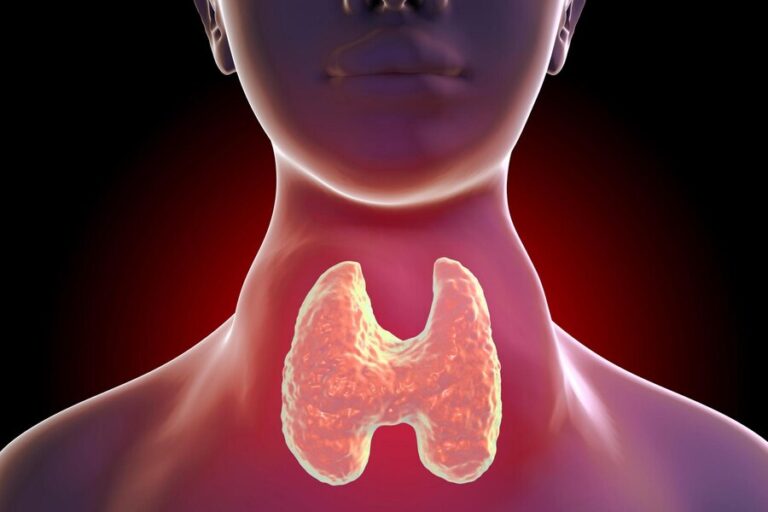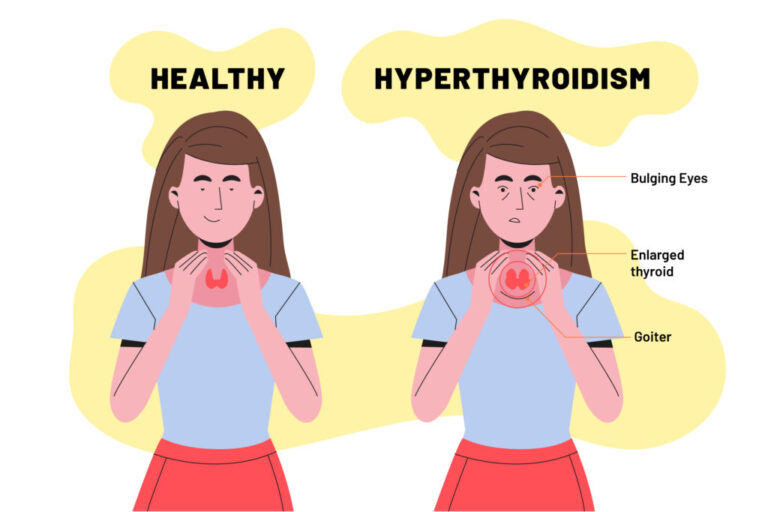Hypothyroidism In Women: Special Considerations
Hypothyroidism, a condition where the thyroid gland produces insufficient thyroid hormones, is a prevalent endocrine disorder that affects millions worldwide. Women are significantly more prone to hypothyroidism than men, with estimates suggesting that women are five to eight times more likely to develop the condition. This article delves into the special considerations of hypothyroidism in women, exploring its causes, symptoms, diagnosis, treatment, and the unique challenges women face.
Causes of Hypothyroidism in Women
Autoimmune Disorders
The most common cause of hypothyroidism in women is Hashimoto’s thyroiditis, an autoimmune disorder where the immune system attacks the thyroid gland. This chronic condition leads to the gradual destruction of thyroid tissue and impaired hormone production.
Hormonal Changes
Women undergo various hormonal changes throughout their lives, including menstruation, pregnancy, and menopause. These fluctuations can impact thyroid function. For instance, postpartum thyroiditis can occur after childbirth, leading to temporary hypothyroidism.
Iodine Deficiency
Iodine is crucial for thyroid hormone production. Women, especially those of childbearing age, need adequate iodine intake. Iodine deficiency can lead to hypothyroidism and related complications.
Medications and Treatments
Lithium and amiodarone are two examples of drugs that can affect thyroid function. Additionally, treatments like radiation therapy for cancers in the neck region can damage the thyroid gland, leading to hypothyroidism.
Symptoms of Hypothyroidism in Women
Hypothyroidism can manifest with a wide array of symptoms, many of which can be subtle and easily mistaken for other conditions. Women often experience:
Fatigue and Weakness
Persistent tiredness and lack of energy are common complaints. This fatigue can interfere with daily activities and reduce overall quality of life.
Weight Gain
Despite no significant changes in diet or exercise, weight gain is a frequent symptom. This is due to a slowed metabolism resulting from low thyroid hormone levels.
Menstrual Irregularities
Hypothyroidism can cause changes in menstrual patterns, including heavier, more prolonged periods (menorrhagia), or infrequent, light periods (oligomenorrhea). It can also lead to amenorrhea (absence of menstruation).
Infertility and Pregnancy Complications
Thyroid hormones are critical for reproductive health. Hypothyroidism can lead to difficulty conceiving and increase the risk of miscarriage, preterm birth, and preeclampsia.
Depression and Mood Swings
Women with hypothyroidism often experience mood changes, including depression and anxiety. These psychological symptoms can significantly affect mental health.
Hair and Skin Changes
Dry, brittle hair and skin, hair loss, and brittle nails are common. These changes are due to reduced cellular activity and slower metabolism.
Diagnosis of Hypothyroidism in Women
Diagnosing hypothyroidism involves a combination of medical history, physical examination, and laboratory tests. Key diagnostic steps include:
Medical History and Physical Examination
A thorough medical history helps identify risk factors and symptoms. A physical examination may reveal signs like dry skin, swelling, and a slowed heart rate.
Blood Tests
- Thyroid-Stimulating Hormone (TSH) Test: Elevated TSH levels indicate hypothyroidism.
- Free Thyroxine (T4) Test: Low levels of free T4 confirm the diagnosis.
- Antithyroid Antibodies: Testing for antibodies like anti-thyroid peroxidase (TPO) can help diagnose autoimmune thyroiditis.
Treatment of Hypothyroidism in Women
The primary treatment for hypothyroidism is thyroid hormone replacement therapy, usually with synthetic thyroxine (levothyroxine). This treatment aims to restore normal thyroid hormone levels and alleviate symptoms.
Individualized Dosage
The dosage of levothyroxine is individualized based on factors like age, weight, severity of hypothyroidism, and presence of other health conditions. Regular monitoring and dose adjustments are essential to maintain optimal hormone levels.
Monitoring and Follow-Up
Regular follow-up visits with a healthcare provider are crucial to monitor thyroid function and adjust medication as needed. TSH and free T4 levels are typically checked every 6-12 months.
Special Considerations for Women
Pregnancy and Hypothyroidism
Proper thyroid function is vital for a healthy pregnancy. Untreated hypothyroidism can lead to complications such as miscarriage, preterm delivery, and developmental issues in the baby. Pregnant women with hypothyroidism require careful monitoring and may need higher doses of levothyroxine to maintain adequate thyroid hormone levels.
Menopause and Hypothyroidism
Menopausal women may find it challenging to distinguish between symptoms of menopause and hypothyroidism, as both can cause fatigue, weight gain, and mood changes. It’s essential for women undergoing menopause to have their thyroid function tested to address any overlapping symptoms appropriately.
Bone Health
Hypothyroidism can affect bone health, increasing the risk of osteoporosis, particularly in postmenopausal women. Adequate intake of calcium and vitamin D, along with weight-bearing exercises, are crucial for maintaining bone density.
Heart Health
Women with hypothyroidism have an increased risk of cardiovascular diseases. Maintaining thyroid hormone levels within the normal range, along with a heart-healthy lifestyle, can mitigate this risk.
Lifestyle and Dietary Considerations
Balanced Diet
A balanced diet rich in fruits, vegetables, lean proteins, and whole grains supports overall health. Including iodine-rich foods, such as fish, dairy products, and iodized salt, can help maintain thyroid function.
Regular Exercise
Regular physical activity helps manage weight, improves mood, and enhances cardiovascular health. Women with hypothyroidism should aim for a mix of aerobic exercises, strength training, and flexibility exercises.
Stress Management
Chronic stress can exacerbate hypothyroidism symptoms. Techniques such as yoga, meditation, and deep breathing exercises can help manage stress levels.
Conclusion
Hypothyroidism in women requires special consideration due to the unique hormonal and physiological changes they experience. Early diagnosis and individualized treatment are crucial to managing the condition effectively. By understanding the specific challenges women face and addressing them through comprehensive care, lifestyle modifications, and regular monitoring, women with hypothyroidism can lead healthy, fulfilling lives. For those seeking expert care, consulting with a healthcare provider specializing in thyroid disorders is essential for optimal management of hypothyroidism.







